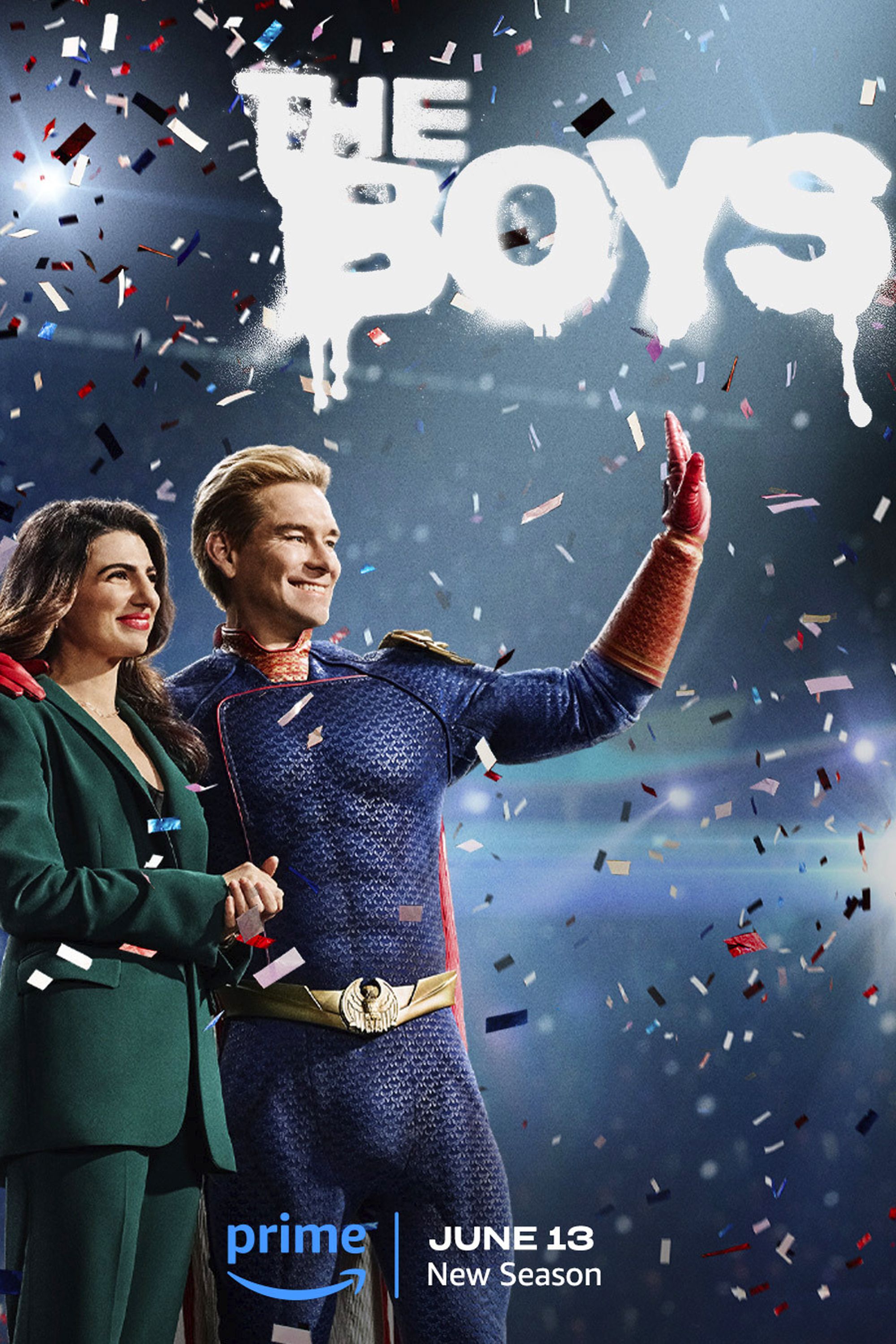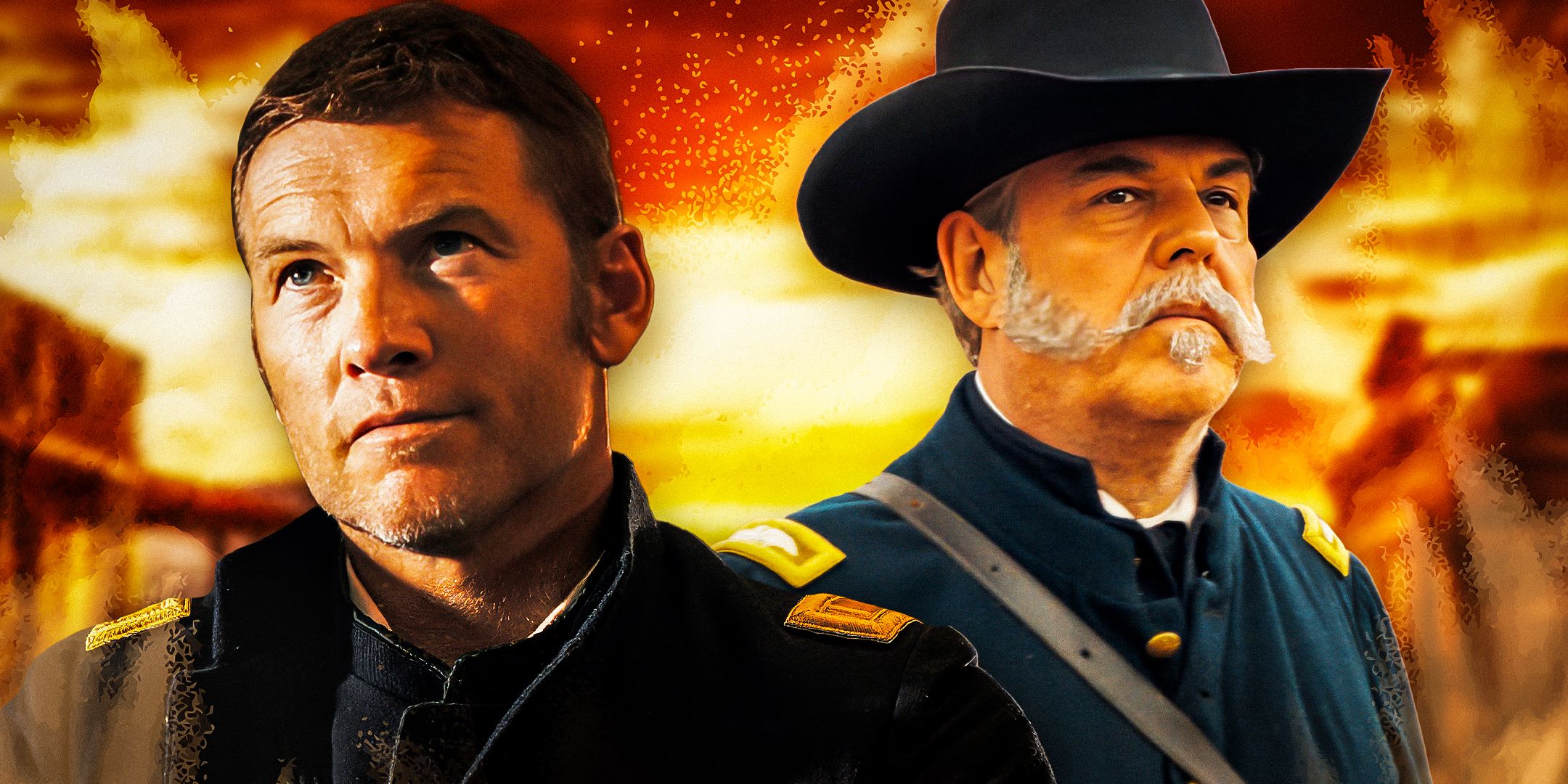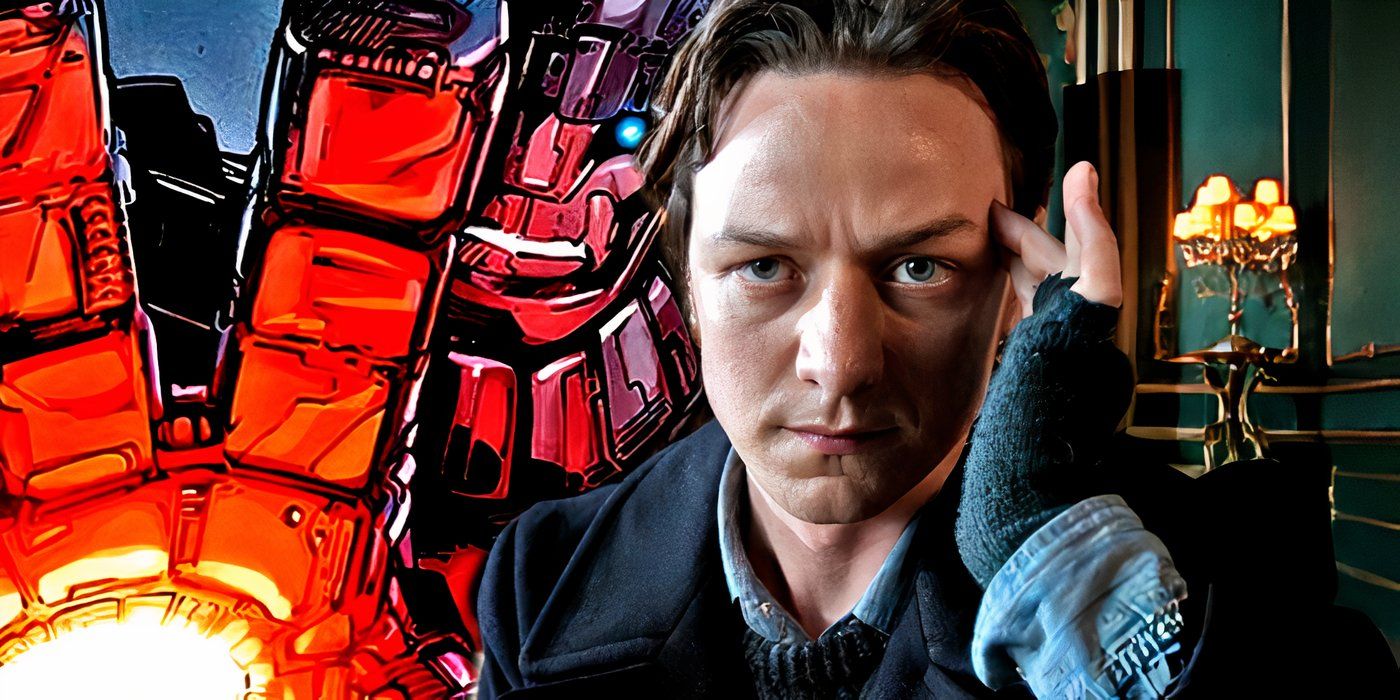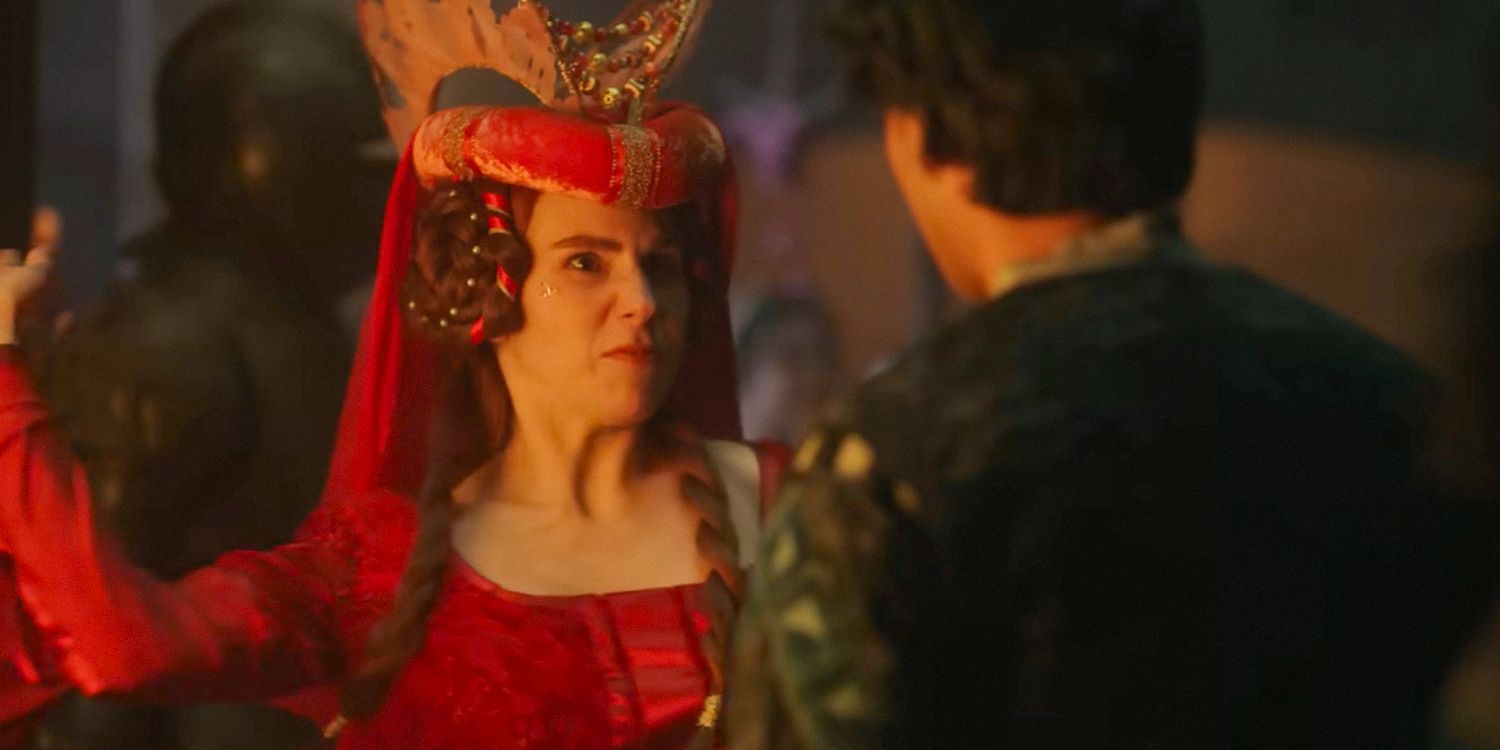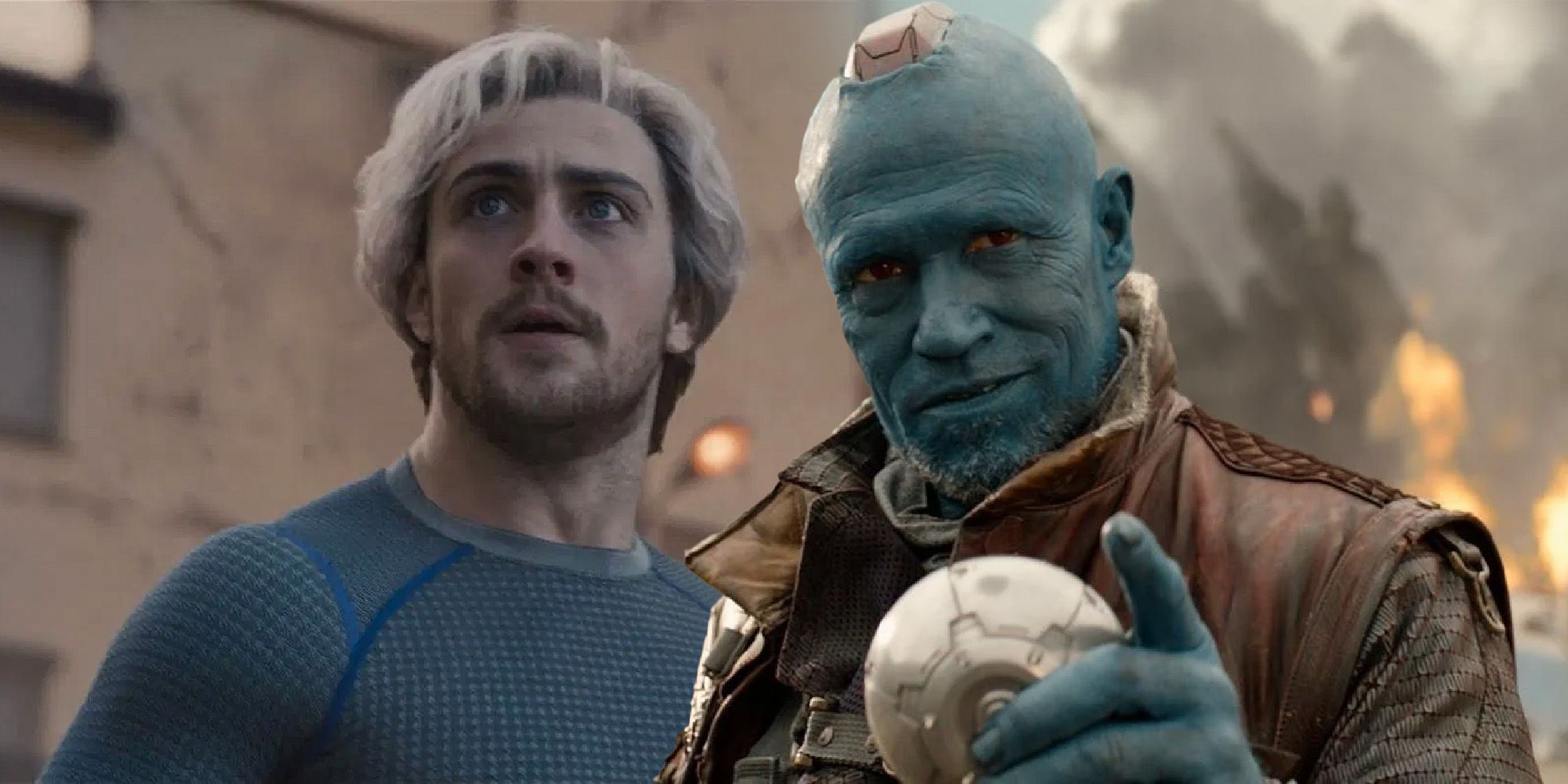Walt Disney Pictures is a powerhouse in the world of animation, and it has welcomed a variety of actors and musicians to voice its animated characters, but in Disney’s early years, the studio didn’t credit its voice actors. Walt Disney Pictures was key in the development of animation, and in 1937, it released Snow White and the Seven Dwarfs, the first full-length traditionally animated feature film. Snow White was a critical and commercial success, and it marked the beginning of Disney’s successful run in the world of animation. Since then, Disney has produced over 60 animated feature films and it shows no signs of stopping anytime soon.
Disney has brought both original stories and adaptations of other works (mostly fairy tales) to life, all of them with a moral lesson included along with relatable characters and catchy songs. Over the years, various actors and musicians have lent their voices to some of Disney’s most popular animated characters, but in the early years of Disney’s animated movies, the Mouse House didn’t credit any of its voice actors, and the reason for that is strange and unfair to the actors involved.
Disney Didn’t Want To Ruin The Magic By Revealing Its Voice Actors
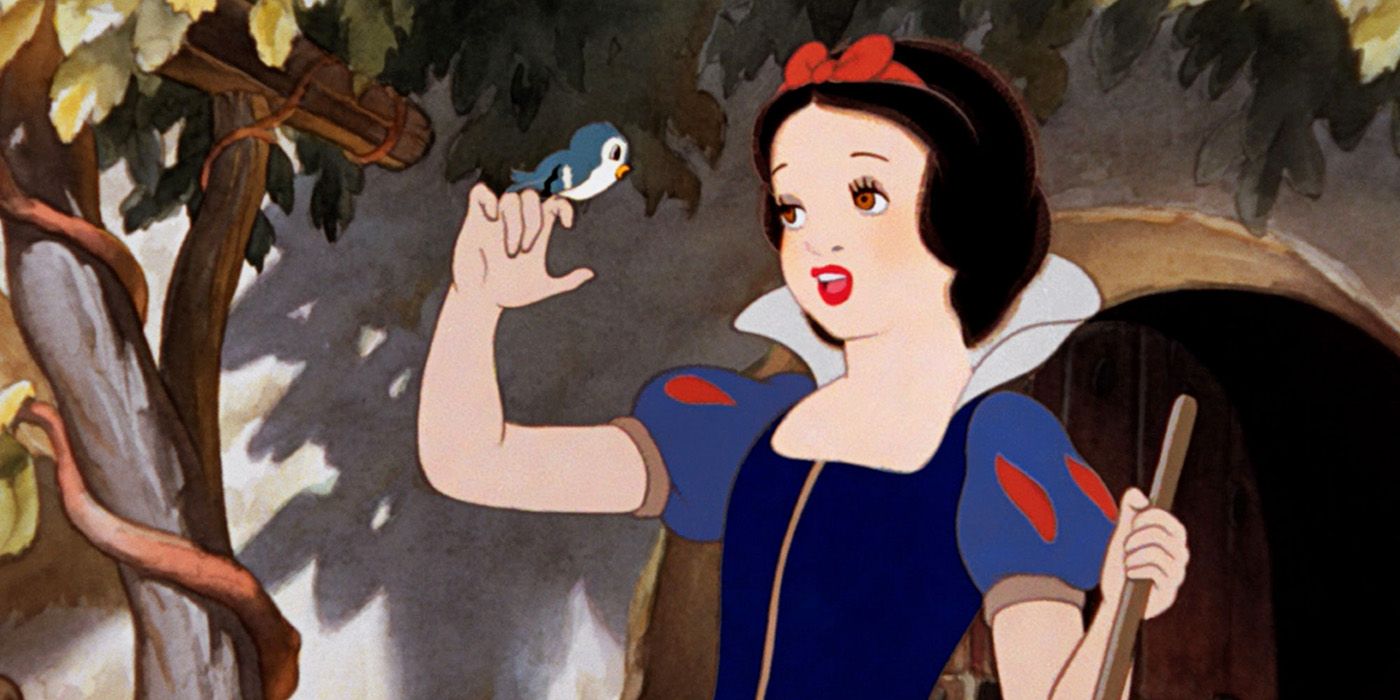
Disney didn’t credit the voice actors of Snow White and the Seven Dwarfs under the excuse of wanting to preserve the magic. According to different sources throughout the years, Walt Disney wanted the audience to only associate the voice of a character with its animated version and not with a real person, so none of the voice actors in Snow White received credits for their work. Disney did the same with Pinocchio, Dumbo, and Bambi, but not crediting the voice cast wasn’t the only issue with the studio’s idea of “preserving the magic”.
Snow White’s voice actress, Adriana Caselotti, was reportedly forbidden from sharing that she was the voice of Snow White, and she struggled to find new acting opportunities after it. It has been heavily rumored for decades that Caselotti was backlisted by Disney after voicing Snow White, and radio host Jack Benny was reportedly told by Disney that Caselotti wasn’t allowed to be on his show (via The Day) – if she appeared, the audience would have recognized her voice and would have associated it to her rather than just to Snow White.
Caselotti, along with Prince Charming actor, Harry Stockwell, ended up suing Disney (via Cheat Sheet), claiming they were owed money for the Snow White soundtrack as some of the songs they recorded for the movie were released as records. Unfortunately, they didn’t succeed, but the studio might have reached an agreement with Caselotti.
The Three Caballeros Was The First Disney Animated Movie To Credit Its Cast
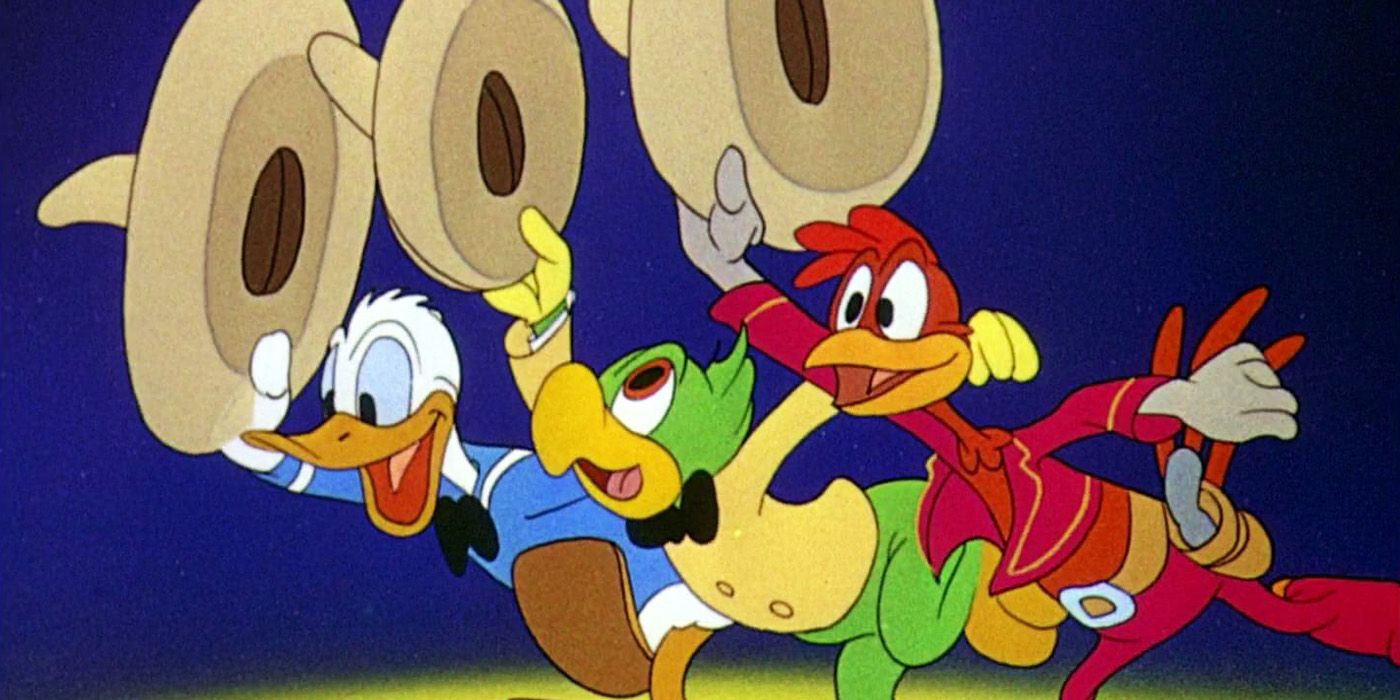
Luckily, this idea of not crediting the voice actors for its animated movies didn’t last long, and it ended in 1944 with the release of The Three Caballeros. The movie mixed live-action and animation and followed Donald Duck as he met José Carioca and Panchito Pistoles, and together, they went on an adventure across Latin America. It’s worth noting, however, that the narrator in the anthology movie Saludos Amigos (which was the introduction of the character José Carioca) and the narrator in the animated documentary Victory Through Air Power received credits, but not the rest of the cast.
“Preserving the magic” by keeping the identity of voice actors a secret is no longer something Disney does, and instead, the studio has embraced having notable artists voicing its characters. Disney now seizes the attention that comes with casting well-known actors and musicians to voice its animated characters, which, ironically, supports Walt Disney’s belief that the audience can be distracted by identifying the actors by their voices and not really associating them with the characters. Still, crediting the voice actors in every Disney animated movie is a must to recognize the hard work of these talents, no matter how distracting or not their voices can be.
